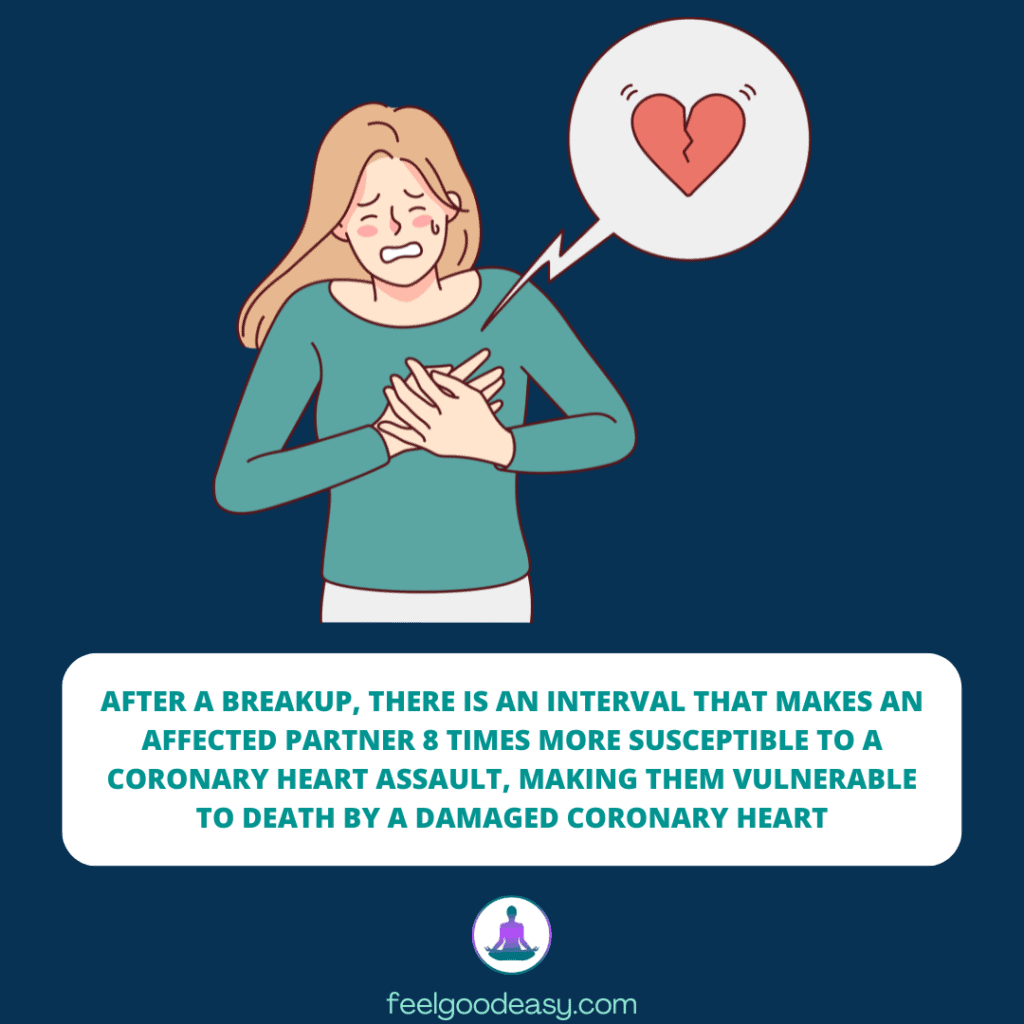
Heartbreak can have a profound impact on a person’s emotional and physical health. In fact, the stress and trauma of a broken heart can even lead to a condition known as “broken heart syndrome,” which has been linked to an increased risk of coronary heart disease.
Coronary heart disease is a serious and potentially life-threatening condition that occurs when the blood flow to the heart is blocked. This blockage can be caused by the buildup of fatty deposits in the arteries, leading to a heart attack. While there are many risk factors associated with coronary heart diseases, such as age, genetics, and lifestyle factors, research suggests that emotional stress can also play a role.
Studies have shown that the stress and trauma of a broken heart can cause the release of hormones, such as cortisol and adrenaline, that can have a negative impact on the heart. In addition, stress and emotional turmoil can increase blood pressure and heart rate, which can put additional strain on the heart. This can increase the risk of heart disease and heart attack, particularly in people who are already at risk.
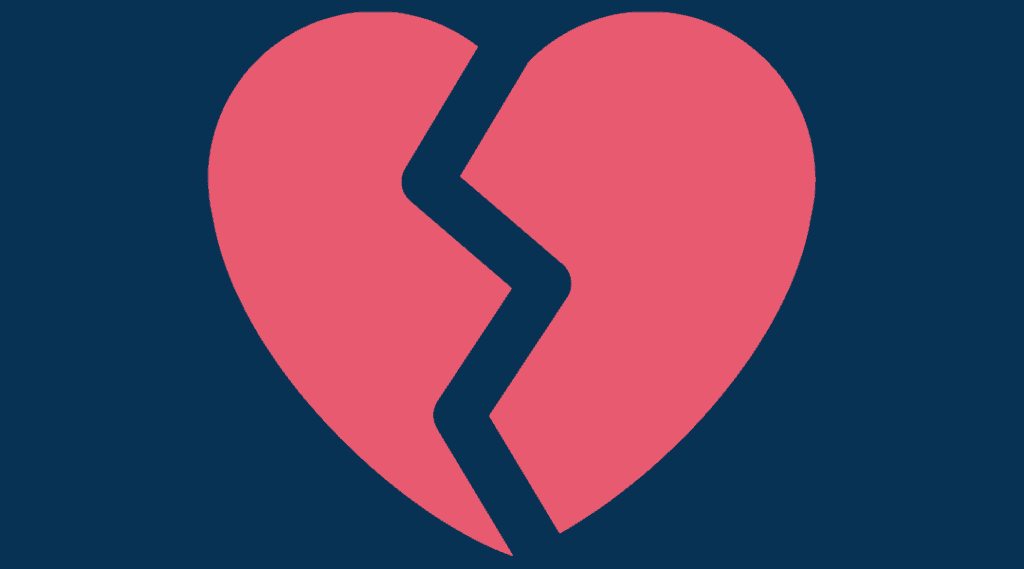
In some cases, the effects of heartbreak can be so severe that they mimic the symptoms of a heart attack. This is known as broken heart syndrome, a condition in which the heart temporarily enlarges and does not pump properly. Broken heart syndrome has been linked to the sudden and intense stress of a traumatic event, such as the death of a loved one or the end of a romantic relationship.
It’s important to remember that while heartbreak can be incredibly painful and difficult to cope with, there are ways to manage the emotional and physical impact of a broken heart. Therapy and counseling can be extremely helpful in managing the emotional stress of a breakup or loss. Exercise, healthy eating, and stress-reducing activities like meditation and yoga can also help to reduce the physical impact of stress on the heart.
In conclusion, heartbreak can have a serious impact on our emotional and physical health, and it’s important to take steps to manage the stress and trauma of a broken heart. By seeking help and taking care of our emotional and physical well-being, we can reduce the risk of heart disease and heart attack and build resilience to cope with future challenges and stress.
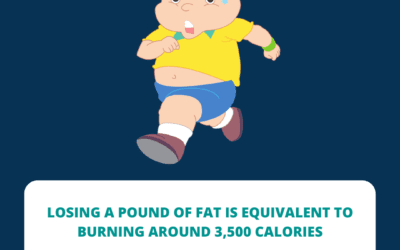
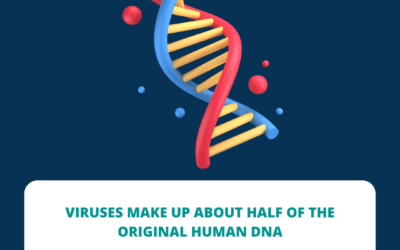
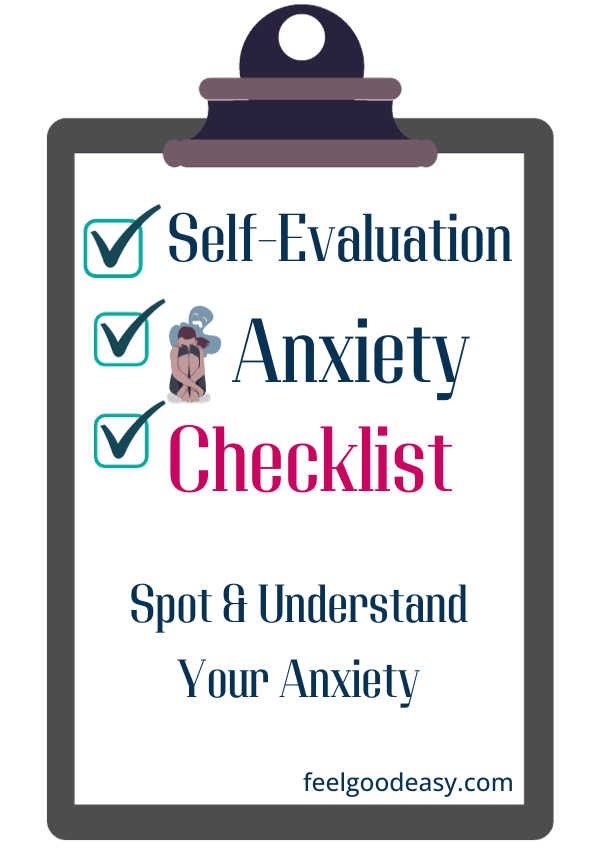



0 Comments